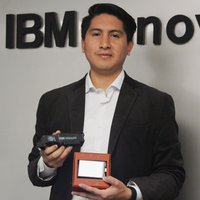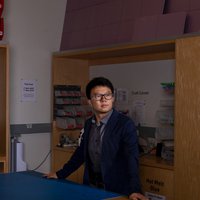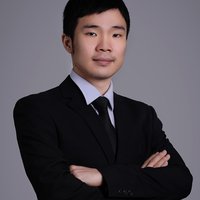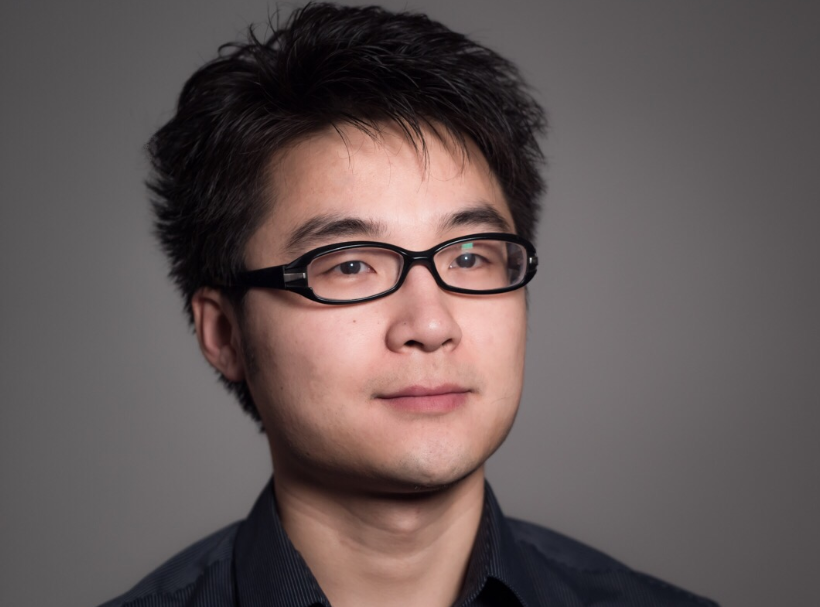As a child born in a small town in
Northeast China, Feihu Xu is grateful for having parents who highly value
education. Since he was a child, Xu has always believed in the thought that "knowledge can change fate."
In 2005, Feihu Xu was admitted to the
University of Science and Technology of China (USTC), the first step in changing his fate. By chance, he joined a lecture hosted by Professor Pan
Jianwei, who is a world renowned quantum physicist. From there, he developed a keen curiosity about quantum information technology. Constrained by
the limited access to scientific research, he sprouted the idea of studying
abroad, hoping to continue to study quantum information technology and apply it to reality.
In the first year of his master's degree at
the University of Toronto, he and Professor Hoi-Kwong Lo's team realized the
world's first attack on a commercial quantum key distribution system (QKD), and
for the first time proved the importance of the security of quantum
communication through experiments. Such work is widely considered an influential
scientific breakthrough in the field of quantum cryptography. To date, this
paper published in 2010 has been cited more than 300 times, leading many
innovative studies on the security of quantum communication.
His supervisor, Professor Lo, described him
as "a rising star in the field of quantum communication."
To foil quantum hackers and make QKD safer,
Feihu Xu spent part of his Ph.D. time on designing a new protocol based on
Professor Lo's measurement device-independent QKD (MDI-QKD) system, which
further improved his theoretical foundation and realized his first experiments.
These series of results led to the standardization of quantum confidential
communication protocols and frameworks and has proven to be of great
significance in the field of quantum cryptography.
Feihu Xu then went to the Massachusetts
Institute of Technology for his postdoctoral and joined the Optical and Quantum
Communications Group led by Professor Jeffrey H. Shapiro and Franco N. C. Wong.
His research extended to the topic of Single-Photon Imaging. He proposed an
efficient low-photon computational imaging algorithm that, for the first time,
realized an ultra-low-light and highly-sensitive 3D imaging method, which only
requires detection of one photon per pixel.
In the eight years of overseas studies,
Feihu Xu has always hoped that one day he can contribute to China's scientific
research. So, in 2017, he decided to return to his alma mater and joined
Professor Pan Jianwei's team.
In recent years, his primary research goal
is still to make quantum technology practical, including long-distance
quantum communication and single-photon imaging. He and his team broke the
longest distance record of single-photon 3D imaging using a LIDAR system
capable of providing unprecedented high-quality 3D images at distances up to 45
km, detecting only one photon per pixel. Such breakthroughs may considerably increase
the detection range of a LIDAR system.
Recently, Feihu Xu, together with Professor
Pan and Professor Lo, were invited to write a review article about the latest
progress of practical quantum cryptography by the highly impactful and authoritative
scientific journal Reviews of Modern Physics. Feihu Xu, being recognized for
making significant contributions in the field of quantum communication, is the
first author.
In the future, he will continue to expand his existing research results with the team and explore new practical
directions, such as increasing the single-photon imaging distance to more than
100 km, realizing non-view-field single-photon imaging, and building a
measurement device-independent quantum communication network.
Feihu Xu believes that research related to quantum is an essential aspect
of competition among countries. He hopes that he can pass on his experience and
knowledge to the students at USTC, attract them to scientific research, and
contribute to China's quantum industry.




